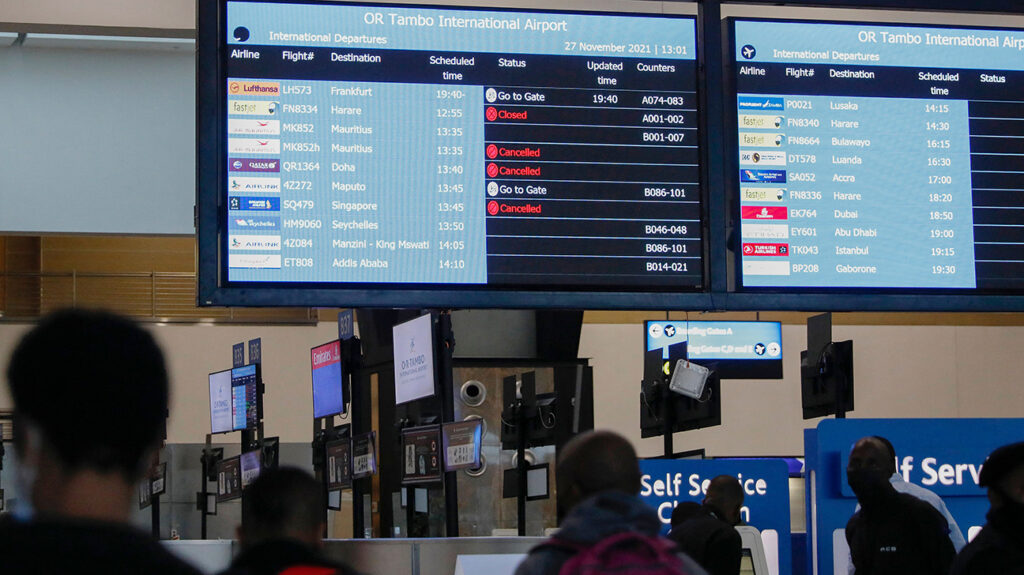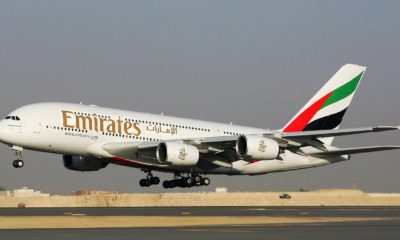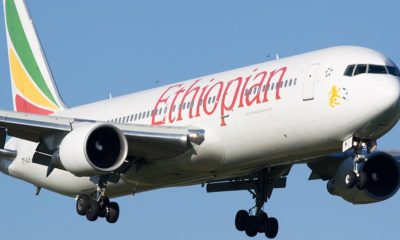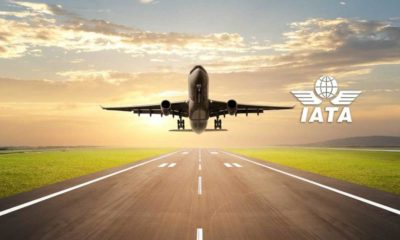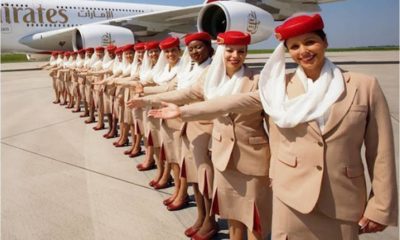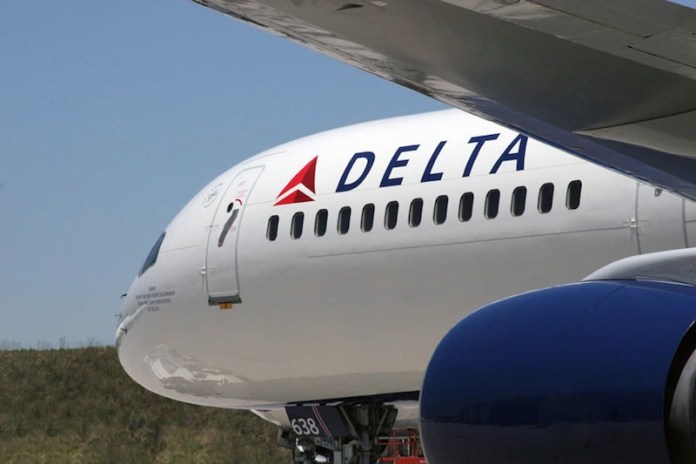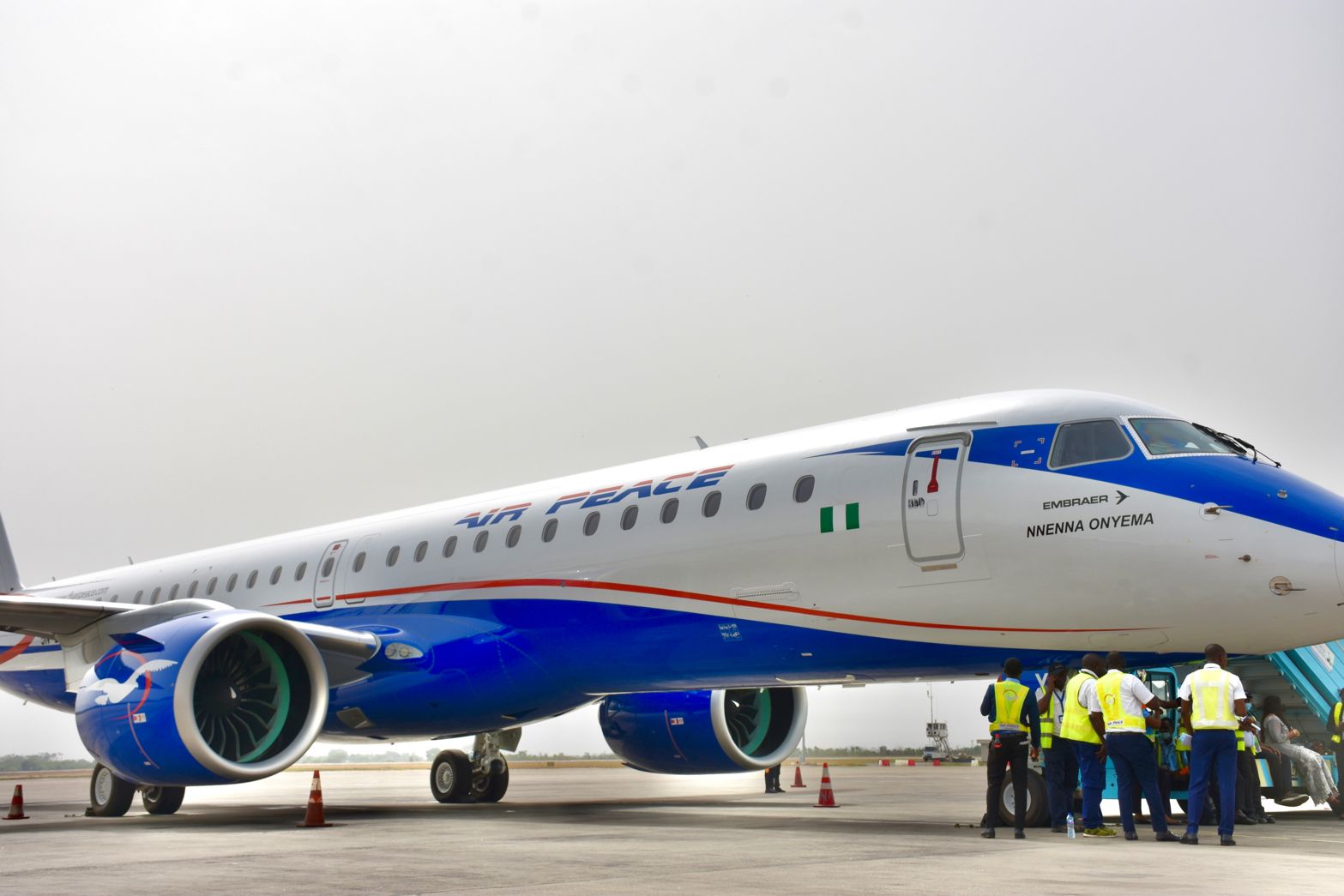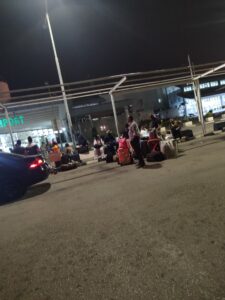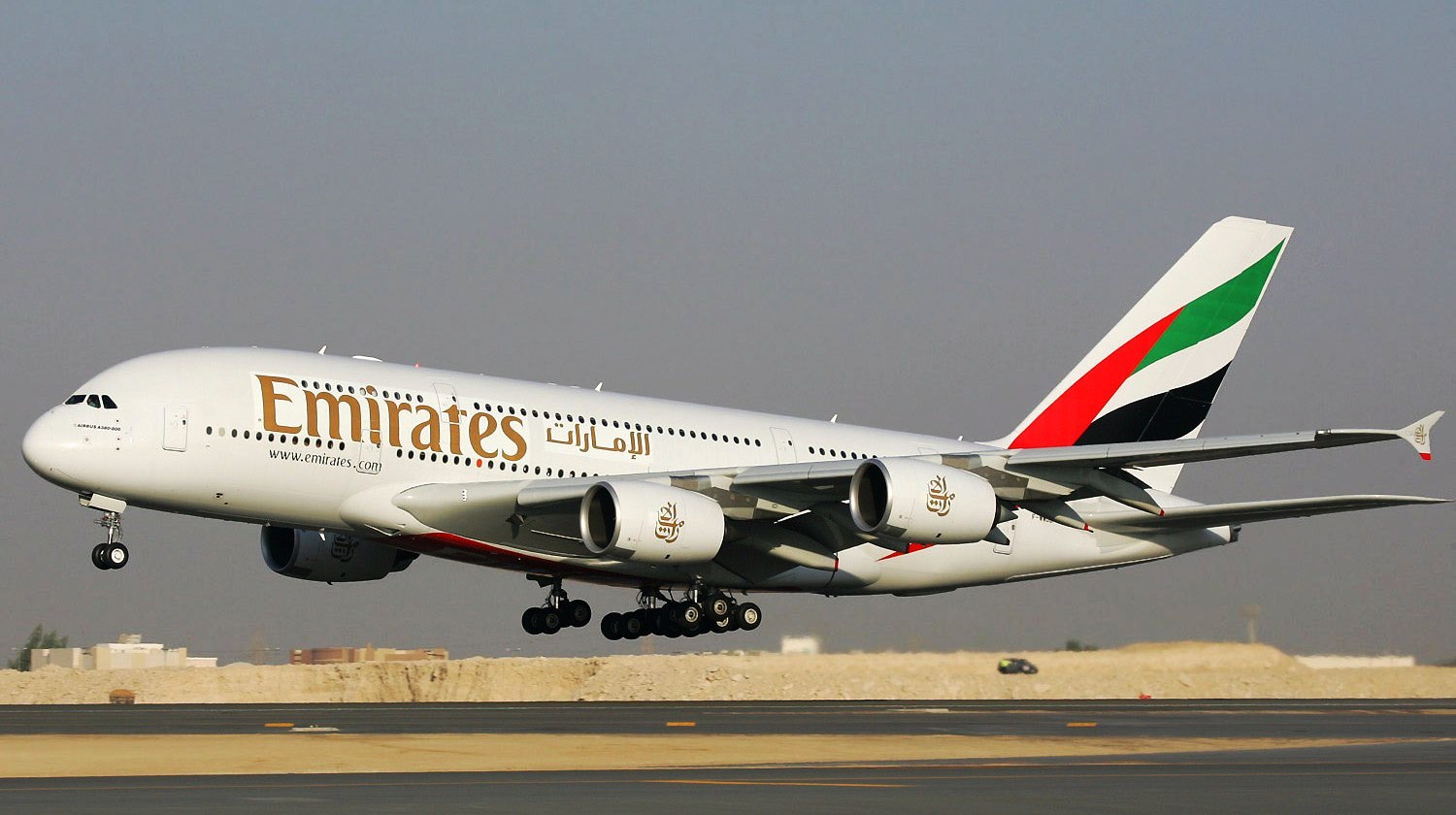A Delta Air Lines flight from Atlanta to Lagos was diverted to Togo following the midair death of a yet-to-be-identified passenger.
The unfortunate incident occurred approximately three hours before the flight’s scheduled arrival in Lagos, prompting the crew to address a health emergency onboard.
Despite initial intentions to proceed to Lagos, adverse weather conditions, including heavy thunderstorms, forced the pilots to divert the plane to Lome, Togo.
The flight, Delta Air Lines’ A330-200 aircraft, was carrying 215 passengers at the time. Upon landing in Lome, the aircraft underwent refueling procedures and awaited clearance amidst the inclement weather.
Subsequently, after an additional delay in Togo, the flight resumed its journey and safely landed in Lagos, albeit approximately eight and a half hours behind schedule.
Passengers onboard expressed their concerns and frustrations, particularly regarding the handling of the medical emergency and the subsequent diversion.
Social media platforms buzzed with accounts of the ordeal, with one passenger recounting the unfortunate sequence of events, including the midair death and the necessity of an emergency landing due to fuel depletion.
Meanwhile, an airplane operated by Dana Airline veered off the runway at Murtala Muhammed International Airport.
The affected MD-83 aircraft, registration 5N-BKI, carried 83 passengers. Dana Air spokesman Mr. Kingsley Ezenwa confirmed all passengers and crew disembarked safely without injuries.
Ezenwa, in a statement, said: “Dana Air regrets to inform the public of a runway incursion involving one of our aircraft, registration number 5N BKI, which was flying from Abuja to Lagos today, 23/04/24.
“We are relieved to confirm that all 83 passengers and crew onboard the flight disembarked safely without injuries or scare as the crew handled the situation with utmost professionalism.
“We have also updated the Accident Investigation Bureau, AIB, and Nigerian Civil Aviation Authority (NCAA) on the incident, and the aircraft involved has been grounded by our maintenance team for further investigation.
“We wish to thank the airport authorities, our crew for their very swift response in ensuring the safe disembarkation of all passengers following the incident, and our sincere apologies and appreciation to the passengers on the affected flight for their patience and understanding.”

 Forex3 weeks ago
Forex3 weeks ago


 Naira2 weeks ago
Naira2 weeks ago
 Billionaire Watch2 weeks ago
Billionaire Watch2 weeks ago




 Naira2 weeks ago
Naira2 weeks ago




 Naira4 weeks ago
Naira4 weeks ago




 Naira2 weeks ago
Naira2 weeks ago


 Naira7 days ago
Naira7 days ago
 Banking Sector4 weeks ago
Banking Sector4 weeks ago
